About Us
Researchers + Clinicians
Parents
This is a national consortium of placental biologists and clinicians working on placental mechanisms and circulating biomarkers that may be early indicators of pregnancies at risk of a stillbirth.
Part of this work involves developing a national database of placental samples to promote and facilitate collaborative placental research, as well as standardised processes for the collection and analysis of placental samples. Collection protocols are designed as a basic minimal guide to placental tissue collection for biobank storage that meets the agreed standards of the Centre for Research Excellence in Stillbirth. Current protocols and procedures are listed below.
Using the placenta samples we have collected, our team is applying cutting-edge genome sequencing technology to explore connections between pregnancy outcomes and the epigenome and transcriptome of the placenta. This provides information about which genes are activated differently in pregnancies, including whether there are differences between the maternal and paternal contributions to gene regulation changes. Our initial findings concerning gene expression in the placenta confirm that the placentas of male and female babies respond differently to adverse conditions in utero, and we are extending this to looking at how placental genes are regulated epigenetically.
Publication

Level 3, Aubigny Place
Mater Research Institute
Raymond Terrace,
South Brisbane QLD 4101
The University of Queensland Faculty of Medicine